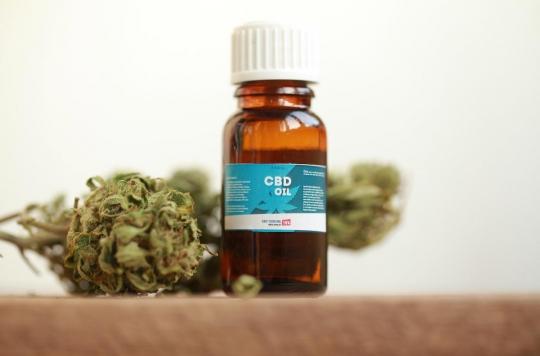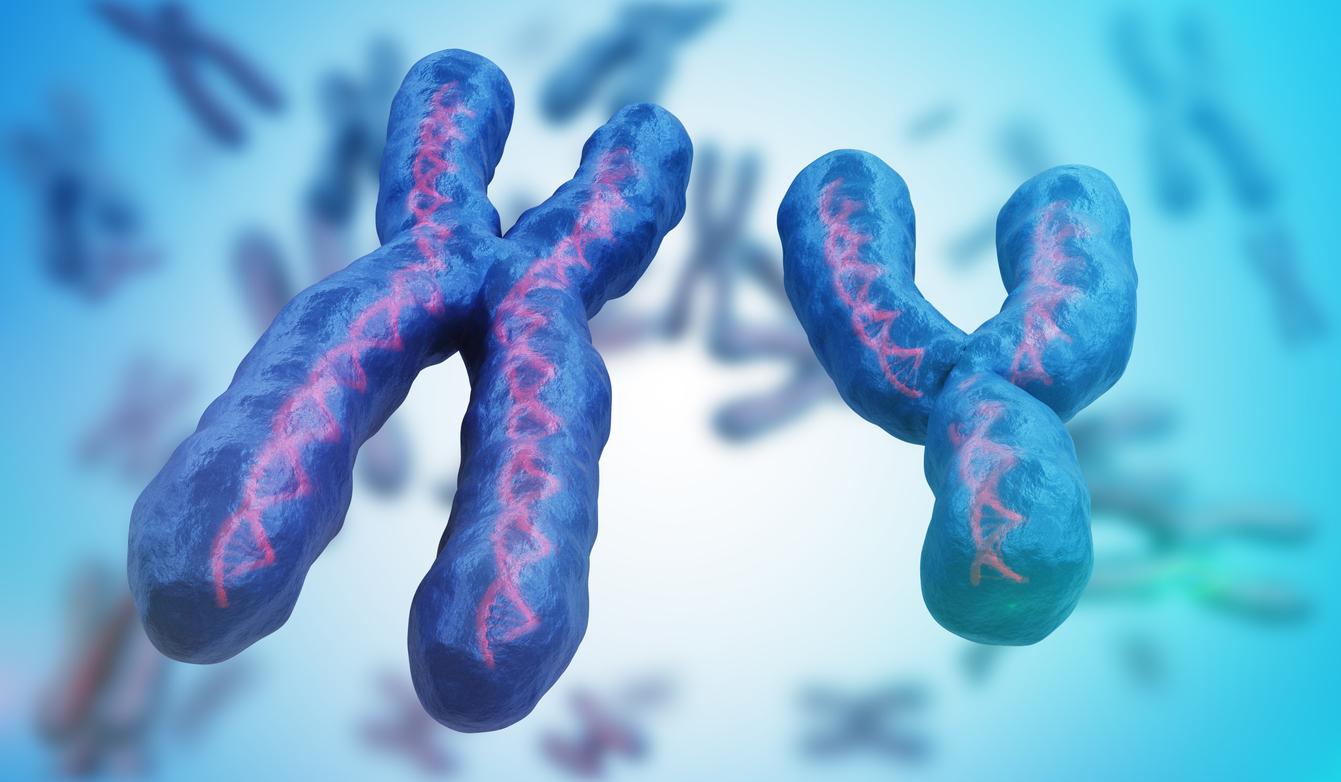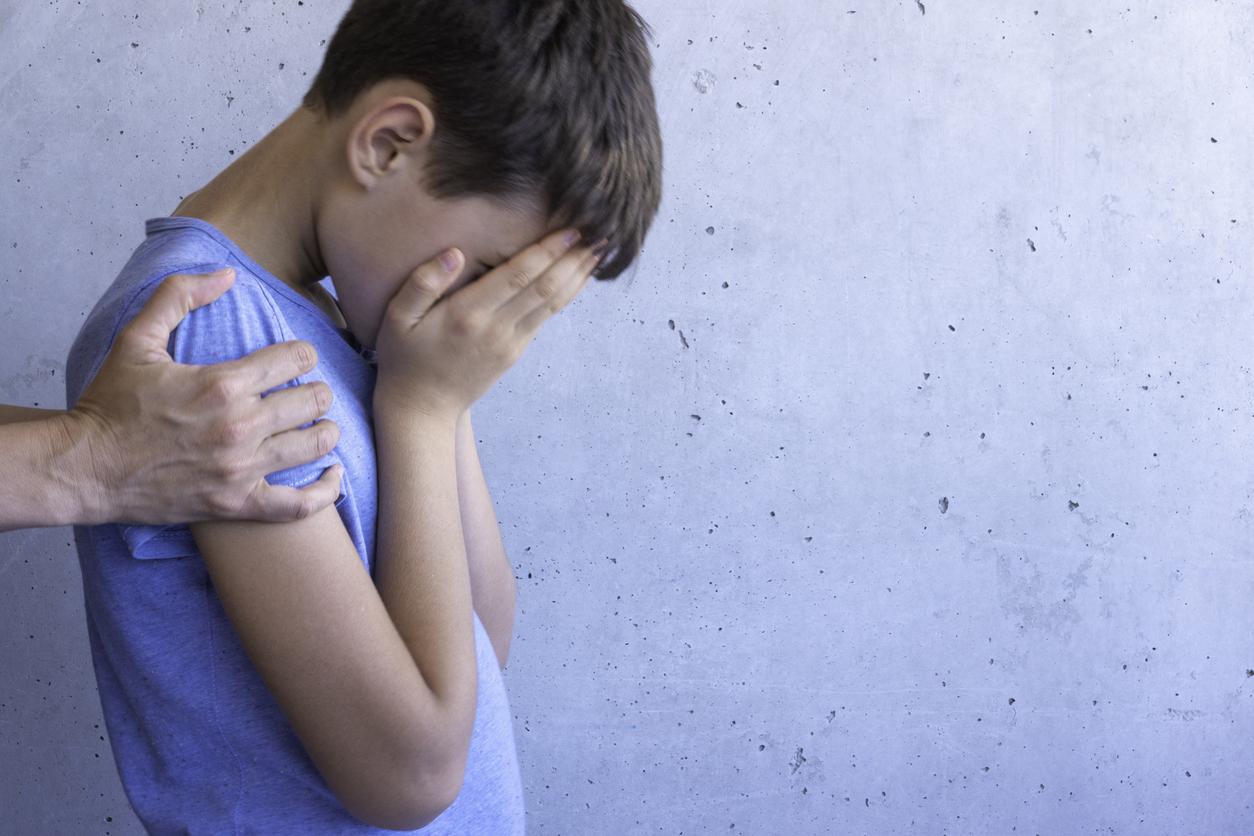Researchers at Ben-Gurion University of the Negev in Israel have treated children with autism spectrum disorder using medical cannabis.

Medical cannabis, already well known in the treatment of several diseases, could also be effective on autism spectrum disorders (ASD). Researchers at Ben Gurion University of the Negev in Israel conducted a study on 188 children aged between 7 and 13 with ASD.
Children were treated with cannabis for medicinal purposes for six months between 2015 and 2017, with the majority using cannabis oil containing 30% cannabidiol (CBD) oil and 1.5% tetrahydrocannabinol (THC). ).
A general improvement
“Overall, more than 80% of parents reported significant or moderate improvement in their child’s condition. Explains Lihi Bar-Lev Schleider, from the BGU-Soroka Clinical Institute. Symptoms were assessed over 6 months using structured questionnaires.
After 6 months of treatment, patients reported 30% significant improvement, 53.7% moderate improvement, and 15% no or only slight improvement. 66.8% reported a good quality of life at the end of treatment compared to 31.3% at the start of treatment. Similarly, positive mood was increased by 20% to 63.5% at the end of treatment. Cannabis addiction in children has not been assessed.
Greater independence
Nearly half of the children have increased their autonomy, since they managed to shower and dress themselves, against only a quarter before the treatment. Cannabis oil medications also improved children’s sleep and concentration, as only 3.3% reported having good sleep before the test, compared to 24.7% at the end of the test.
As for the concentration, no child could qualify it as good before the 6 months, but post-treatment, it would be nearly 14% of the young patients who reached a good concentration.
A mixed result
If the percentages increase considerably post-treatment, it is unfortunate that the treatment was not compared with other drugs or placebos, diminishing the value of the results. It would also seem that no addiction risk assessment has been carried out, which could make the treatment dangerous in the long term.

.

















